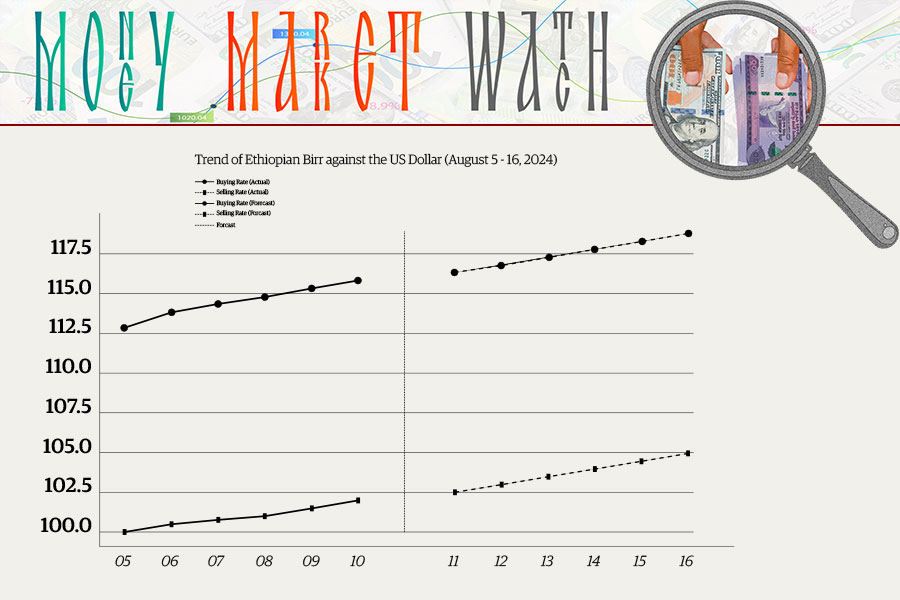
Radar | Nov 20,2023
Industrial park workers struggle for wages so low that daily survival becomes an act of endurance. Faced with stagnant wages in factories that lure foreign brands with cheap labour, some workers turn to sex work to bridge the income gap. An absence of legal protection seals their plight; no national minimum wage safeguards them against relentless demand for their labour.
Unsafe working conditions and scarce bargaining power reinforce a system workers see as rigged in favour of investors’ demands. Union drives and collective bargaining attempts are often met with resistance, leaving employees to faint on the factory floor or endure crowded accommodations. Critics argue that the imperative drives the government’s laissez-faire approach to wage negotiations to remain competitive in global markets. High inflation, running at 16.1pc in October 2024, exacerbates the misery. Rising costs for staples like bread, cereals, and vegetables obliterate modest pay rises.
Beyond the factory gates, other fixed-wage earners suffer. The promised pay raise for civil servants remains elusive, and rising housing costs quickly devour any incremental gains. Calls for a minimum wage law and a functioning Wage Board have stalled within the corridors of government. Labour leaders, union officials, and human rights advocates contend that without these safeguards, low-paid workforce remains trapped, undermined by stagnant incomes and rising living costs. As necessities slip beyond their grasp, workers who once dared to hope for a better life now struggle to endure.
You can read the full story here
PUBLISHED ON
Dec 15,2024 [ VOL
25 , NO
1285]

Radar | Nov 20,2023

Money Market Watch | Aug 11,2024

Radar | Aug 13,2022

Sponsored Contents | Jun 15,2022

Fortune News | May 04,2024

Commentaries | Sep 10,2023

Fortune News | Jul 14,2022

Advertorials | Jul 24,2024

Fortune News | Aug 11,2024

Radar | Oct 12,2024

Dec 22 , 2024 . By TIZITA SHEWAFERAW
Charged with transforming colossal state-owned enterprises into modern and competitiv...

Aug 18 , 2024 . By AKSAH ITALO
Although predictable Yonas Zerihun's job in the ride-hailing service is not immune to...

Jul 28 , 2024 . By TIZITA SHEWAFERAW
Unhabitual, perhaps too many, Samuel Gebreyohannes, 38, used to occasionally enjoy a couple of beers at breakfast. However, he recently swit...

Jul 13 , 2024 . By AKSAH ITALO
Investors who rely on tractors, trucks, and field vehicles for commuting, transporting commodities, and f...

Nov 1 , 2025
The National Bank of Ethiopia (NBE) issued a statement two weeks ago that appeared to...

Oct 25 , 2025
The regulatory machinery is on overdrive. In only two years, no fewer than 35 new pro...

Oct 18 , 2025
The political establishment, notably the ruling party and its top brass, has become p...

Oct 11 , 2025
Ladislas Farago, a roving Associated Press (AP) correspondent, arrived in Ethiopia in...